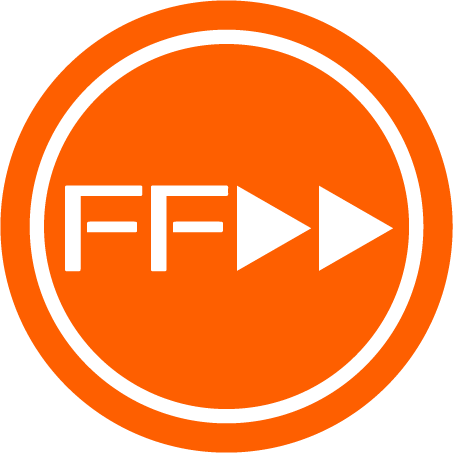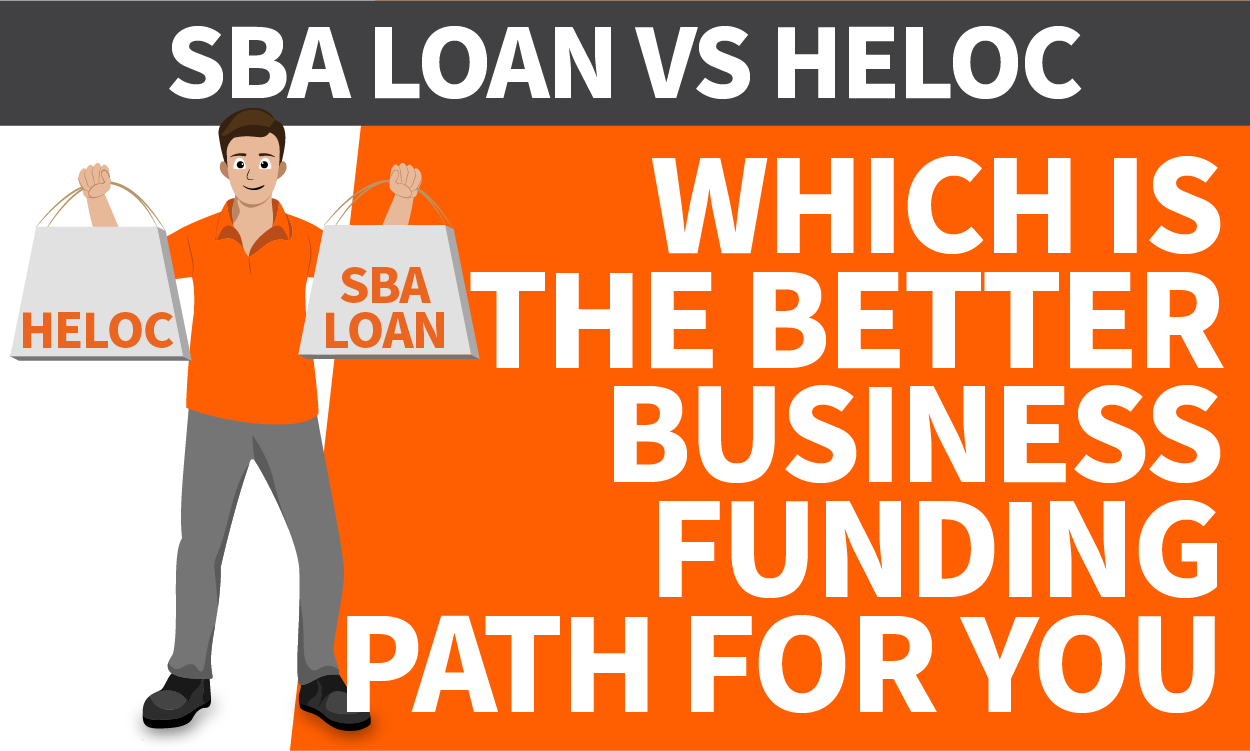Score a Touchdown with FranFund
When it comes to getting funded with a Small Business Administration (SBA) loan, you must be confident in your game plan. You cannot win a game...
3 min read
 FranFund
:
Jun 4, 2024 10:00:00 AM
FranFund
:
Jun 4, 2024 10:00:00 AM

There are multiple avenues for funding your business, and no one path is going to be the right one for everybody. On that note, keep in mind that there are many roads to funding as long as you’re informed before you get into the weeds of business funding options.
One of the more common questions about business funding is whether to take out a Small Business Administration loan (SBA loan) or opt for a home equity line of credit (HELOC). Each has its advantages and disadvantages, many of which are determined by your current situation. You’ll want to weigh these two options in combination with other sources of funding.
So What Is the Cut and Dry Difference Between an SBA Loan and a HELOC?
An SBA loan is a loan written by a bank or lending institution for a small business and is guaranteed by the federal government (the Small Business Administration, specifically). SBA loans can often be massive funding boosts upon a successful application, though the application process itself can be quite challenging.
A HELOC, on the other hand, is a line of credit against the equity in your home. This is contingent on owning real estate in the first place, especially since your home will be the lone source of security for this particular loan.
What Are the Major Advantages of Each?
An SBA loan offers incredible benefits for those that can acquire them, including the ever-attractive ability to refinance the loan after 3 or 4 years to a conventional business loan. Now, owning real estate may not be required, but depending on how much you owe on your mortgage, a house can be used as collateral on an SBA loan to maximize borrowing power.
With an SBA loan, you can receive anywhere from $75,000 to $5 million. This offers you a substantial starting point for your business that can get you where you need to go, fast. Interest rates tend to be low for SBA loans as well, a perk of being guaranteed by the federal government. In case of a default, remedies tend to be more flexible with SBA loans.
HELOCs can be quite effective if you have considerable equity in your home, particularly if you have more equity in your home than you need to borrow for your business needs. The closing rates and fees for HELOCs are usually lower than for SBA loans, and the repayment period is longer (20-30 years versus 10 years).
Unlike SBA loans, HELOCs don’t have defined payment schedules, which can offer a certain amount of flexibility you won’t find in other funding options.
What Are the Negatives of Each?
SBA loans can be difficult to obtain without proper preparation, so it is important that the borrower to be prepared with strong financials, collateral and a repayment method. It’s important to understand that the SBA provides a guarantee on loans to incentivize lenders to lend money, but not all SBA lenders are interested in the same type of a loan and that can lead to denials. Many applications fail, though you can substantially increase your chances with a good SBA consultant to guide you through the process. The repayment period is also shorter than other loan options at only 10 years. Though you won’t necessarily need real estate to receive an SBA loan, it’s often likely you’ll be using your home as collateral.
HELOCs come with their fair share of weaknesses, too. Some states might have prepayment penalties and will directly report to credit bureaus. The obvious disadvantage is that HELOCs require the ownership of real estate, which means defaulting on the loan could cost you your home. Also, since the equity of the home is tied to the HELOC, it can’t be used for other funding purposes.
Which Option Makes the Most Sense
If you can obtain an SBA loan and you feel you’ll be in a strong position to pay it back in the 10-year frame, you’re in a good spot. If you know you need a substantial amount of money to get your business going, vying for an SBA loan will be worth the effort. Using a business funding expert can make it easier.
HELOCs can come in handy if an SBA loan isn’t an option or the equity of your home matches or exceeds what you need to borrow. HELOCs are also a better fit if you need an extended repayment term.
If you think an SBA loan is the right path for your business, Let us help you! Through FranFund you can expect to receive:

When it comes to getting funded with a Small Business Administration (SBA) loan, you must be confident in your game plan. You cannot win a game...

Why is now the perfect time for franchising?

Starting a business with your significant other is an exciting venture, and there are a lot of perks. After being together for a while, you may have...